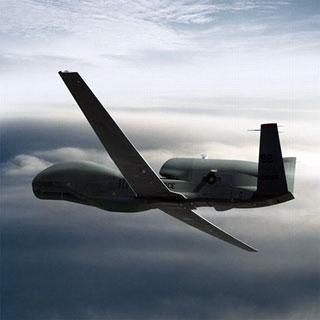
The RQ-4 Global Hawk. A file photo
WASHINGTON (AFP): The US Air Force is unable to keep up with a growing demand for pilots capable of operating drones, partly due to a shortage of volunteers, according to a new study.
Despite the importance placed on the burgeoning robotic fleet, drone operators face a lack of opportunities for promotion to higher ranks and the military has failed to identify and cultivate this new category of aviators, Air Force Colonel Bradley Hoagland wrote in the report published for the Brookings Institution think tank.
In 2012, the Air Force had a goal to train 1,129 "traditional" pilots and 150 drone pilots to operate Predator, Reaper and Global Hawk robotic aircraft.
But the Air Force "was not able to meet its RPA (remotely piloted aircraft) training requirements since there were not enough volunteers," the report said.
As of last year, the Air Force has 1,300 drone pilots, making up about 8.5 per cent of the force's aviators, compared to 3.3 per cent four years later.
The fleet of unmanned aircraft includes 152 Predators, 96 Reapers and 23 Global Hawks, which is large enough to fly 61 combat air patrols.
The military measures air power in terms of combat air patrols, or CAPs, which are supposed to provide 24-hour air coverage over a designated area. It typically takes three or four drones to make up a combat air patrol.
But goals for expanding the patrols are increasing "at a faster pace than the AF (Air Force) can train personnel to operate these systems," the study said.
One of the factors behind the shortfall is a high rate of attrition among the drone operators, which is three times higher than for traditional pilots, it said.
Another factor is the intense tempo of operations for drone missions over the past decade.
The constant drone flights mean operators, unlike their counterparts in other specialities, lack the time for additional education and training to attain a higher rank, undercutting their career prospects, the author wrote.
The problem is reflected in a 13 percent lower promotion rate to the rank of major over the past five years, compared to other military fields.
The fewer number of promotions is also fed by a military culture that still does not fully appreciate the skills of drone pilots, Hoagland said.
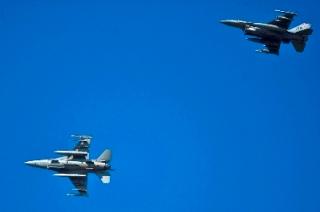 Previous Article
Previous Article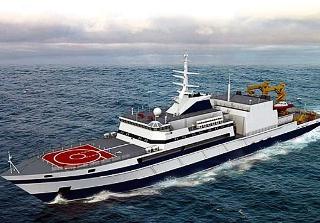 Next Article
Next Article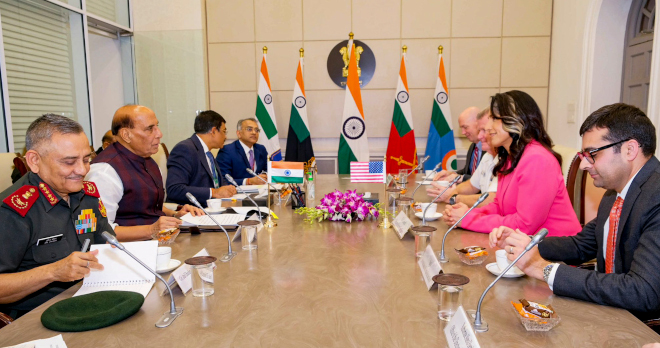
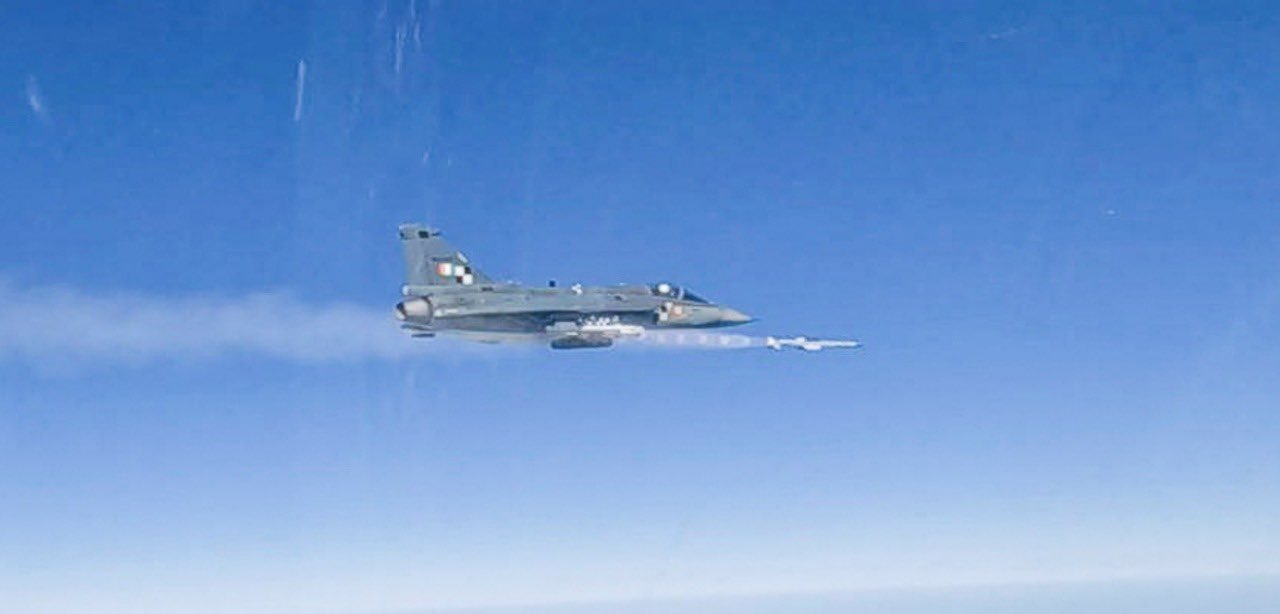
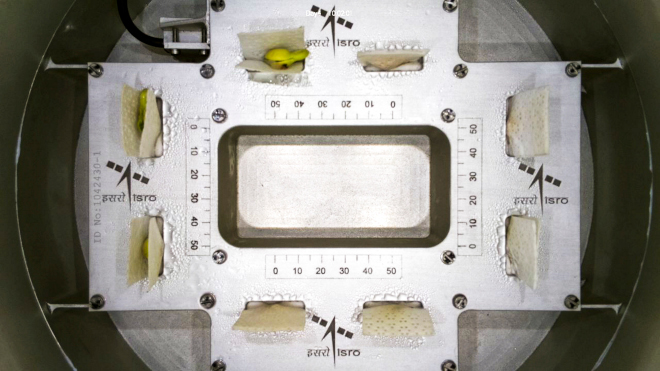









The Indian Air Force, in its flight trials evaluation report submitted before the Defence Ministry l..
view articleAn insight into the Medium Multi-Role Combat Aircraft competition...
view articleSky enthusiasts can now spot the International Space Station (ISS) commanded by Indian-American astr..
view article